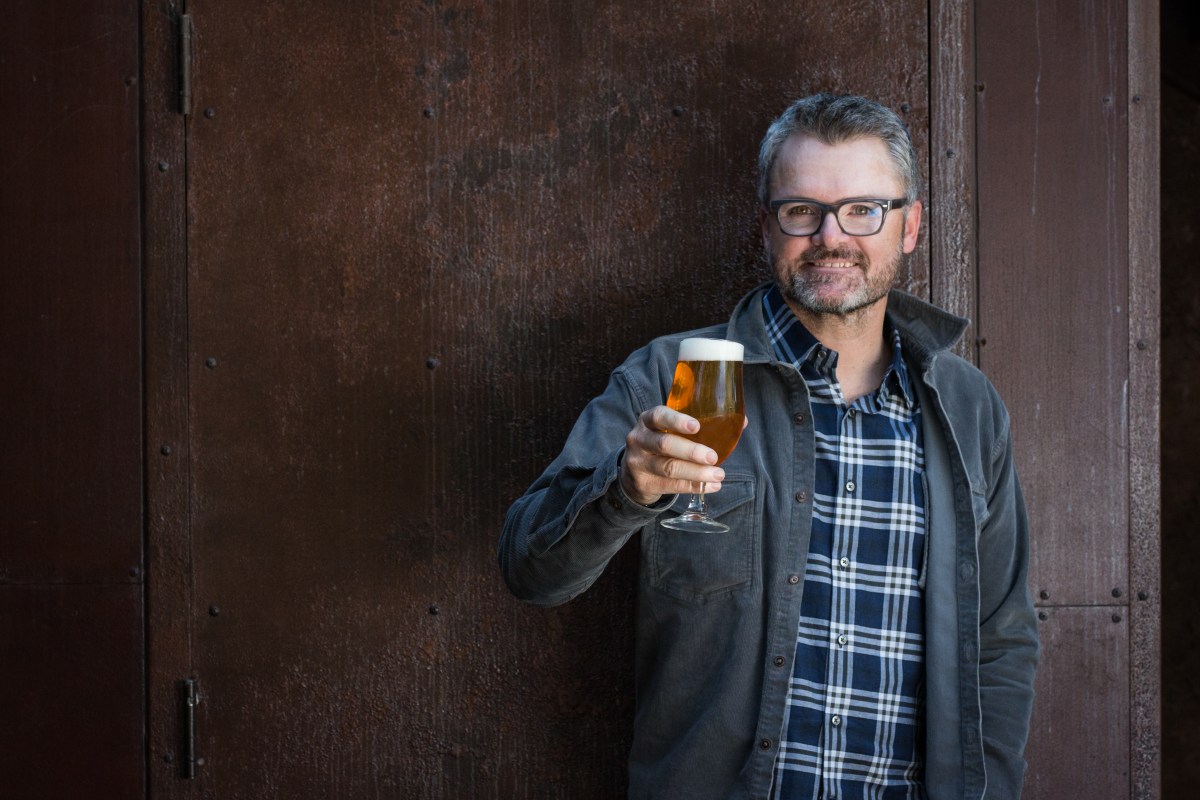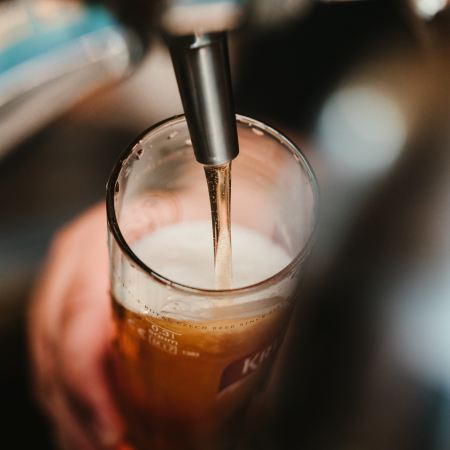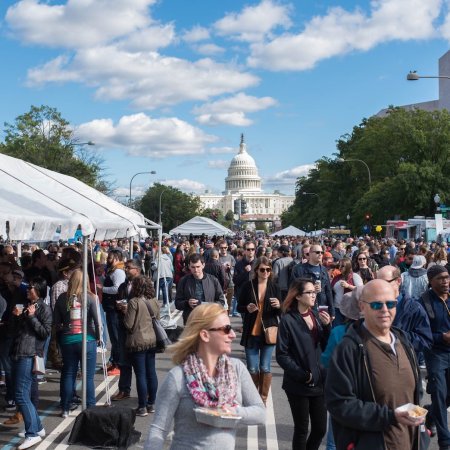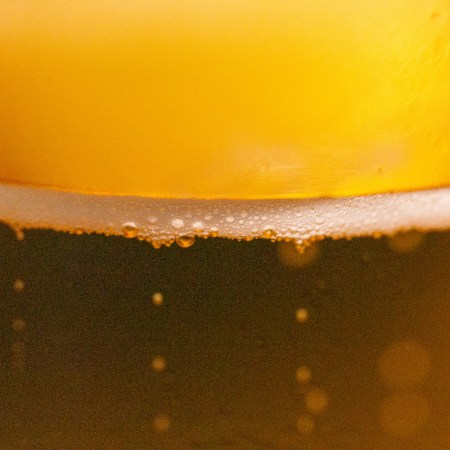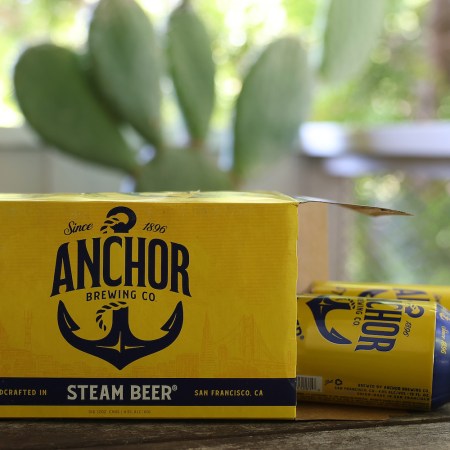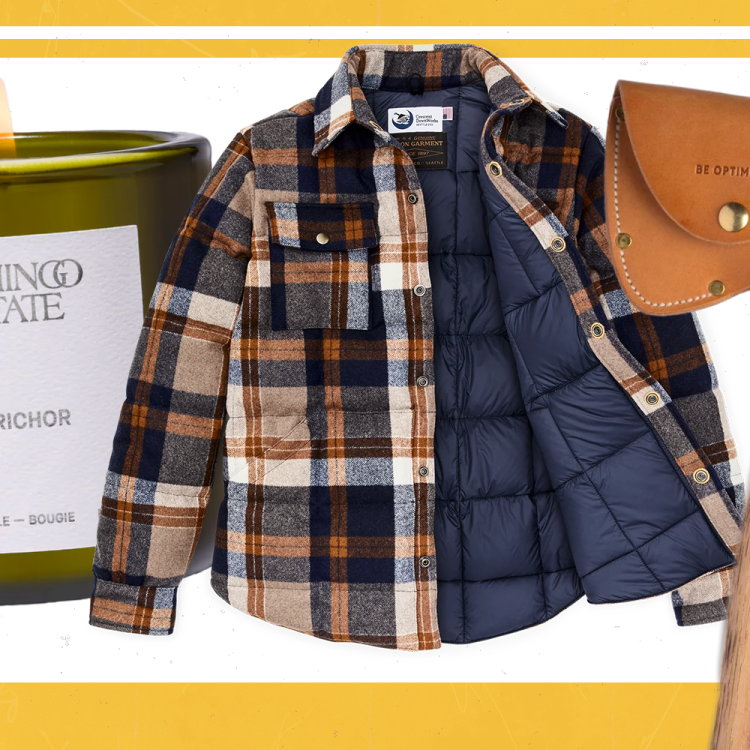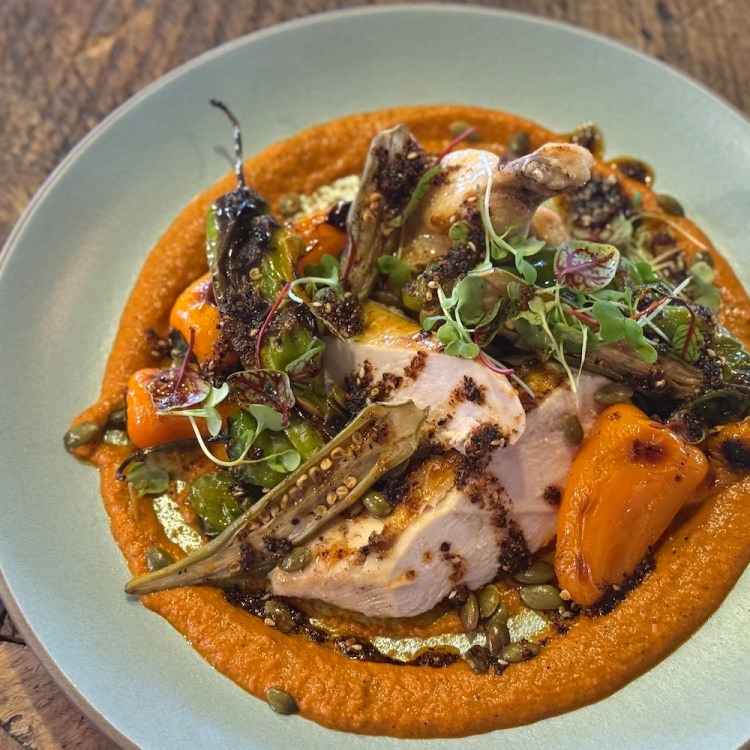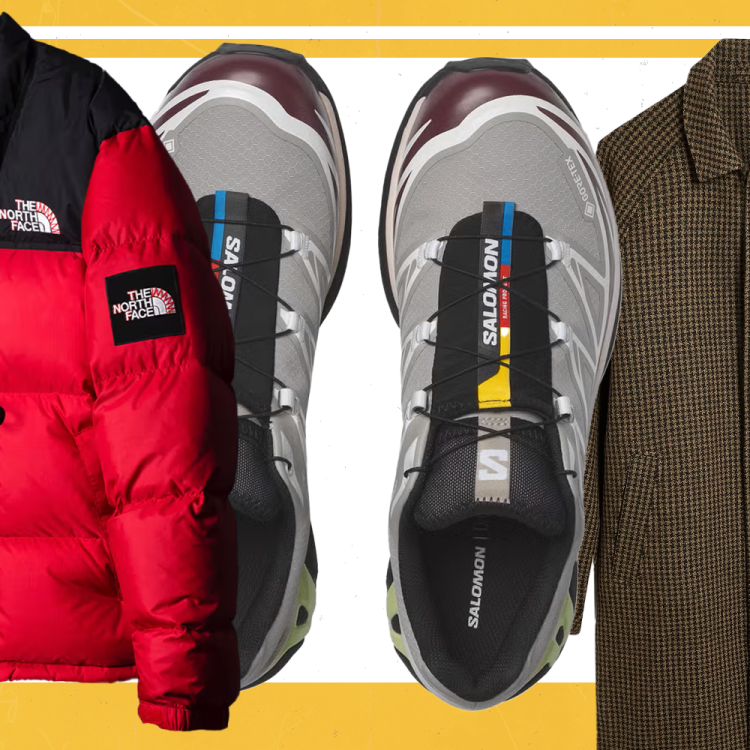As we mentioned last week, small craft breweries around the country have been devastated by COVID-19, with taprooms forced to close and draft business essentially eliminated for the foreseeable future. But even larger beer companies like Stone Brewing, which has national distribution and more than 1,000 employees, have been forced to deal with the coronavirus curveball, implementing new safety protocol and altering their schedule of special releases.
We caught up with Stone Brewing CEO Dominic Engels to talk about how the quarantine is impacting business, what it could mean for the future of craft beer and what Stone has been doing to help the community affected by the virus in these trying times. You can read the conversation, which has been edited for clarity, below, and read more about how the craft beer world is coping with shelter-in-place restrictions here.
InsideHook: I know things are changing on a daily basis, but what’s the current situation at Stone? How’s everyone holding up?
Dominic Engels: The first thing I’d say is that it’s a day-by-day, hour-by-hour type of perspective. So I put that caveat out there because what we say — or what I say — today could change tomorrow based on a governor edict or a government change of stance. And then I think the next way to kind of unpack everything is the health and safety of our employees. We’ll be putting that above and beyond all.
Stone operates essentially three businesses: We have a rather sizable hospitality business — the two large-scale restaurants in Southern California and an assortment of taprooms, plus a bistro up in Napa. We have a distribution company which includes warehouse workers and drivers, and that’s primarily in Southern California with a little bit in Northern California. And then we have the breweries in Virginia and in San Diego. How we kind of go to the next level in the situation we’re in kind of differs by each of those business units.
Hospitality, as you know, we’re all shut down, except for DoorDash and curbside pickup. We’ve also done a few things beyond just those things to help the community. We’ve prepared meals for first responders, we’ve delivered meals to firefighters, and made family meals for medical professionals at the ER at Scripps Mercy, one of the hospitals in San Diego. We’ve donated family meals to the school district. We’ve done tons to kind of use our kitchen and our food to help the community.
On the production and distribution side, that’s where we are in the domain of essential goods and services for the public, and so we get carved out of shutdown there. So we have our drivers on the road and our warehouse workers working. Other than the safety and health precautions, it’s sort of business as usual. Where we used to deliver to bars and restaurants and retailers, we’re just delivering to retail now. But there’s plenty of consumption going on. I think it’s kind of interesting, just as an aside, a lot of folks have been talking about the change as being sort of pantry-loading behavior from consumers and driving a lot of grocery takeout, but I also think that at least in the case of alcohol and craft beer more specifically, the balloon’s been squeezed, right? No one can go to a bar and get a pint and no one can go to a restaurant and have a beer with dinner. And that consumption just doesn’t go away, so the consumption has gone to in the home, and the grocery store is the main source for that, with a little bit of online ordering going on, and direct from our website. We deliver our core beers anywhere in California if you order them online. So we have a little bit of that, too.
And then on the brewery side, we’re staggering the shifts. We’ve got a ton of health precautions in place. Across all of our workforce we’ve allowed for 80 hours of additional sick leave. And that’s to accommodate folks with tough situations where their kids are all at home. So everybody’s having to improvise and be creative. It’s just crazy. But the brewers are continuing to brew beer, and we’re continuing to ship packaged beer. Obviously draft beer is a different story.
You mentioned special safety and sanitary precautions that you’ve been taking as you continue brewing and even just having people coming in to work. Can you elaborate a little bit on those?
Sure. For example, there’s what they call personal protective equipment, PPE is the term. But there’s a certain level of PPE that’s required: gloves, mask, hand sanitizer, maintaining personal distance. We are in the process of instituting a temperature check when you come into work. I think those are a few of the key ones. There are more specifics depending on different parts of the organization, but that gives you a flavor. I really think that there was kind of a little bit of a surge of, “What should we do? What should we do?” across all of the industry through the process. But I think now it’s really stabilized and people kind of get what they need to do to remain safe. And I think the main thing is that beyond those precautionary measures is just enabling folks to stay home and have sick pay, so that if there is a jump ball and you don’t know if you feel well or not, stay home, please, and it won’t be held against you and it would be in the best interest of everybody if you did. And then I can say at this point — and again, testing is not ubiquitous, so fully acknowledge that — but we haven’t had a case of coronavirus from anybody inside Stone, and we have 1,044 employees, nor have we had a case with any family member of anybody. So far, so good. But I think that could change any moment.
I know everyone understands that small businesses are being hurt by this, but can you speak a little about why craft breweries in particular have been hit so hard?
I think for those who love us, sometimes they think our companies are bigger than they really are. And I know a thousand employees sounds like a lot of employees, but that’s a lot of hospitality employees, part-time and hourly folks that are required for the restaurants. The brands are relatively small, and as such really depend on continuous business. And craft beer is built on not only packaged beer in stores, but also a draft experience. And the draft experiences are effectively gone. So it really is an important time.
And again, I say this with as much humility as I possibly can, but we think we make the best beer out there, and if you’re going to have a beer, have Stone. If you’re not going to have Stone, have another local craft beer. Support them, because those taprooms are all closed and those draft accounts are all closed … there’s been a meaningful segment of business that’s effectively shut down. That puts craft breweries in a difficult spot, because I think going into this situation, craft beer was already in a bit of a malaise, in that hard seltzers and alternatives for consumers were really exploding, and the loyalty around the category has waned a little bit.
A lot of these craft brewers joined this business during the go-go years, I’ll call it, where there were just double-digit growth rates. And if you built a business plan around sort of infinite double-digit growth rates, that’s not a good thing. Because that’s not the way things are turning out, and then this virus is sort of a real hard left turn on that business plan, so it puts small business in a precarious position. It’s no secret that if you’re a small restaurant in these times, the likelihood of you being able to open back up and get back to normal and return soon is low. You can kind of extend that same kind of thing to a lot of craft beer.
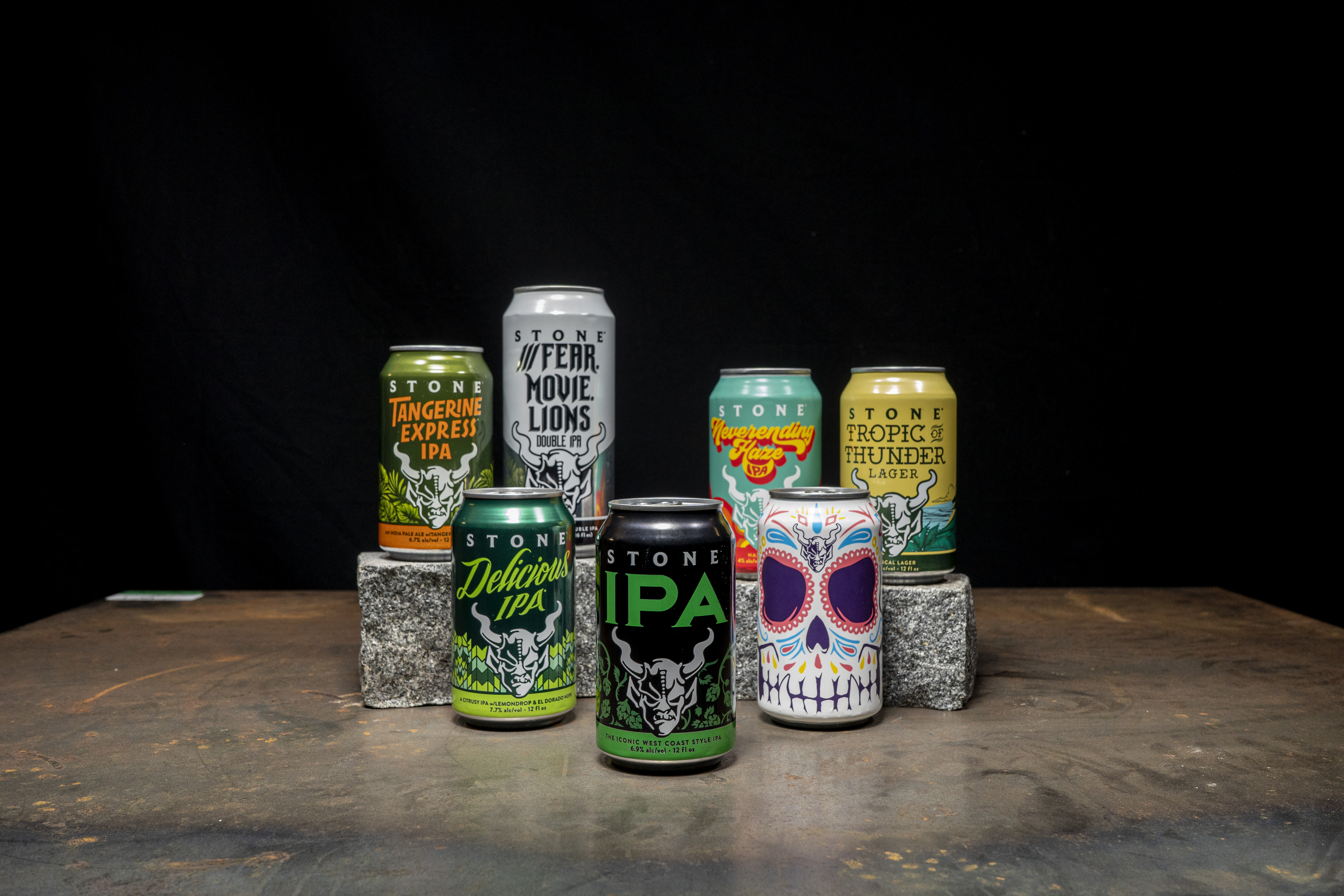
What has the response from customers been like so far, generally speaking?
Well, first of all, since we have a distribution business and we essentially own our own route to market in our largest market, Southern California, I think we’re uniquely able to give you perspective deeper into the store, so to speak, than most who don’t own that route to market. With that as sort of the overarching context, I’d say that there’s been a real move towards brands that are trusted, and that have been around for a while. I think there’s definitely a movement towards brands consumers trust, and that they’re familiar with. And so that that bodes well for a brand like Stone, or like Deschutes, for example. I think they’re experiencing a similar dynamic, and we can see that.
Now it’s very early days in the numbers, so again, we’ll see what happens over time. If this is a four-month situation, there’s plenty of time for different dynamics to emerge. Today is a one-week anniversary for the shelter-in-place rule statewide in California [Ed. note: I chatted with Engels on Friday, March 27], so we have effectively one week of data on how that’s how it’s going. There was a huge amount of sort of bulk ordering a week ago that seems to have subsided, and now there’s just seems to be sort of a natural higher rate of ordering and consumption from grocery, which I believe to be, as I said earlier, the kind of catchup on where you can’t drink on premise anymore.
And then I also think that you’re starting to see maybe some share shift in between different product types. One I know of is that liquor may be hit more than beer in terms of consumption chains. I think there’s going to be a period of inflection here where trends that existed pre-virus and trends that happened during will portend trends exiting the virus. And I think that there could be some meaningful share shifts amongst different alcohol types. Now it’ll be unclear whether that kind of theme [will hold up] after all this nonsense is over, but for now that could be something.
I also think that there’s a bit of a move towards beer as more of a … I call it maybe the “comfort food” of alcohol. And so I think that that bodes well for us. And I say that because it’s no secret that trends around hard seltzer were just sort of mind-blowing, right? And as you kind of look into what’s happening, I can’t split my personal opinions here from my professional one, but I can’t see how it’s comforting to sip a White Claw on your couch, but I can see how it’s comforting to sip an IPA on your couch. It’s kind of intuitive. And so I think there is a movement amongst the different alcohol choices that is going to come out of this. I mean, let’s just face it, hard seltzer’s not something you even knew about two years ago. Right? So it’s hard to believe that in a moment where you’re looking for just a little bit of comfort or warmth that you’d reach for something like that versus, “Hey, Stone IPA, I’ve been drinking this for 20 years.”
Has the virus impacted your brewing process at all, even just in terms of what you’re planning on brewing next? Is there any sort of long-term impact?
I think certainly some things will never go back to the way they were, in terms of maybe some of the sanitary precautions that we’re taking now. I think they’re just an extension of just good hygiene. Like if there are sacks that you’re opening by hand and dumping into a kettle, maybe we’re wiping those down now, and making sure we know where they were and if those were exposed surfaces, making sure we sanitize them before we touch them.
I would also say from a brewing standpoint, there’s really a focus on core beer. If you think about it in the off-premise arena, which is the only stores that are open, this spring is when stores do reset. And resets are when they take all the products they don’t want on the shelf anymore and they replace them with innovation from their suppliers for a new year, and it starts around April or May. So the resets have all been canceled or at least significantly postponed. And so in a world where all the resets are postponed, most CPG companies are going to be struggling to get their innovation on the shelf.
So from a brewing-process standpoint, we’ve postponed some of our special beers because we don’t have a really have a home for them, and so we’re just focused a little bit more on brewing Stone IPA, Stone Delicious IPA, 12-packs, mixed packs, those types of items. That’s how the brewing schedule will adjust: relatively small changes. I mean, our special releases don’t represent significant volume. They’re sort of top dressing, parsley on the plate, if you will. So we’re just going to table those. They’re all great ideas, the packaging is done, hops are bought, and we’ll be ready to brew those and they’ll eventually come to life. But we’ll pause on those for now.
Every Thursday, our resident experts see to it that you’re up to date on the latest from the world of drinks. Trend reports, bottle reviews, cocktail recipes and more. Sign up for THE SPILL now.
